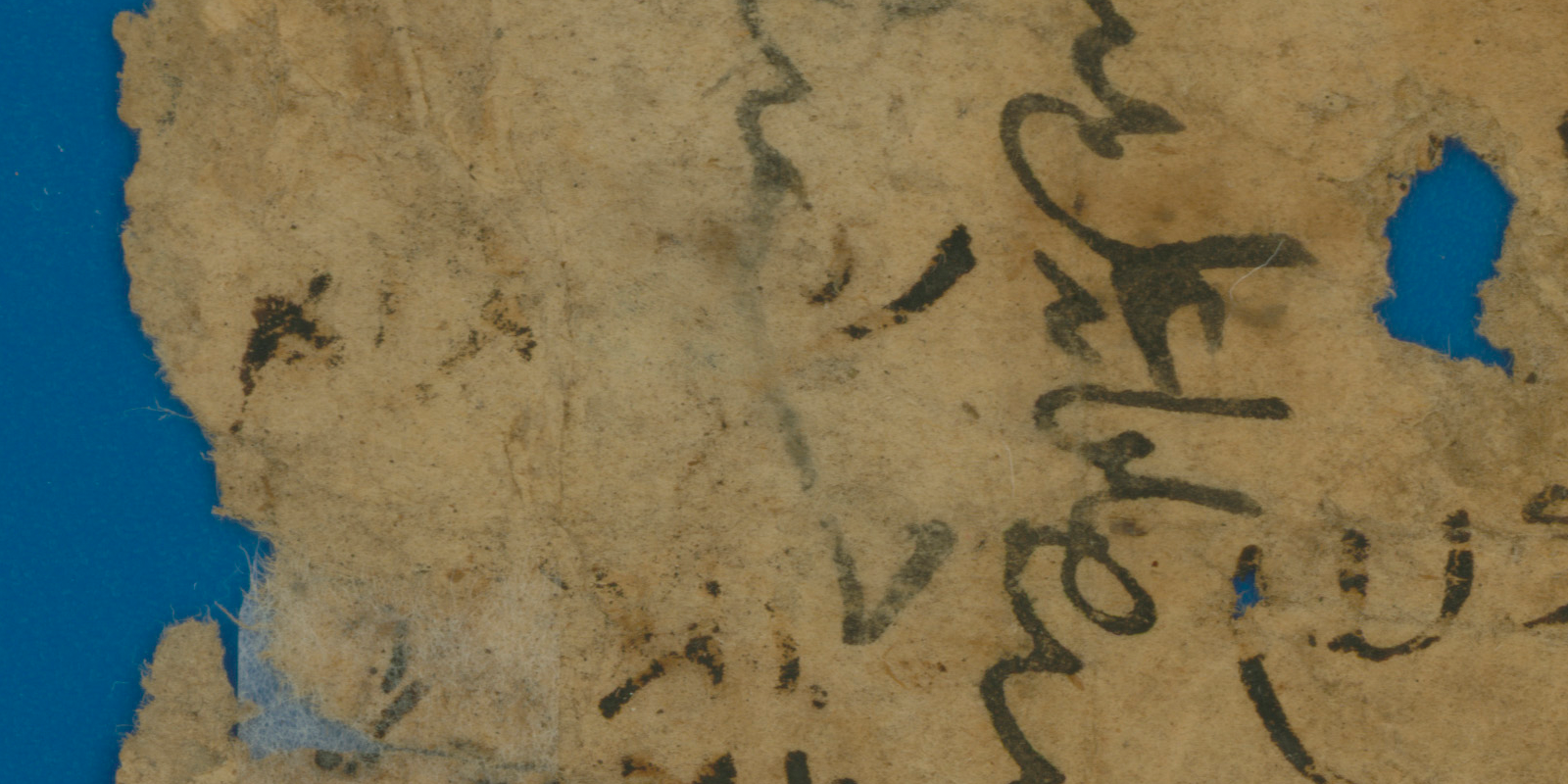Locating the Lost Islamic Archive
hosted by Chris Gratien
| State archives that function as a site of history scholarship are generally a modern creation. But in this episode, we discuss how past Islamic empires, while not necessarily leaving behind an organized archive used by scholars today, had much more sophisticated documentary practices than often assumed. As our guest Marina Rustow has recently shown in a new book entitled The Lost Archive, the relative absence of extant documentation, in the case of the Fatimid Caliphate of Cairo, belies a long paper trail. Using fragments of Fatimid documents surviving in the storeroom (genizah) of a Cairo synagogue, Rustow has identified traces of a lost Fatimid archive. In part one of this two-part interview with Professor Rustow, we explore how she followed a trail of scrap paper and scholarship to locate the lost archive of a medieval Islamic dynasty.

 | Click for RSS Feed | 
|

|
State archives that function as a site of history scholarship are generally a modern creation. But in this episode, we discuss how past Islamic empires, while not necessarily leaving behind an organized archive used by scholars today, had much more sophisticated documentary practices than often assumed. As our guest Marina Rustow has recently shown in a new book entitled The Lost Archive, the relative absence of extant documentation, in the case of the Fatimid Caliphate of Cairo, belies a long paper trail. Using fragments of Fatimid documents surviving in the storeroom (genizah) of a Cairo synagogue, Rustow has identified traces of a lost Fatimid archive. In part one of this two-part interview with Professor Rustow, we explore how she followed a trail of scrap paper and scholarship to locate the lost archive of a medieval Islamic dynasty.

Contributor Bios
 |
Marina Rustow is a social historian of the medieval Middle East at Princeton University. She has worked extensively on the documents of the Cairo Genizah, and her published works include Heresy and the Politics of Community: The Jews of the Fatimid Caliphate (2008) and The Lost Archive: Traces of a Caliphate in a Medieval Synagogue (2020). Rustow was a 2015 recipient of the MacArthur Fellowship. |
 |
Chris Gratien is Assistant Professor of History at University of Virginia, where he teaches classes on global environmental history and the Middle East. His first book, The Unsettled Plain: An Environmental History of the Late Ottoman Frontier, explores the social and environmental transformation of the Adana region of Southern Turkey during the 19th and 20th century. |
Credits
Episode No. 522
Release Date: 1 March 2022
Recording Location: New York, NY / Charlottesville, VA
Sound production by Chris Gratien
Music: via Free Music Archive - A.A. Aalto - Canyon; Chad Crouch - Pacing
Release Date: 1 March 2022
Recording Location: New York, NY / Charlottesville, VA
Sound production by Chris Gratien
Music: via Free Music Archive - A.A. Aalto - Canyon; Chad Crouch - Pacing
Title image via Cambridge Digital Library
Further Listening
 |
Marina Rustow, Neelam Khoja, Zoe Griffith, Fahad Bishara | 483
12/13/20
|
The Making of the Islamic World
|
 |
Hugh Kennedy, Joshua White, Fahad Bishara, Maryam Patton, Jeannie Miller | 481
12/7/20
|
The Making of the Islamic World
|
 |
Sumaiya Hamdani | 183
1/17/15
|
An Andalusi in Fatimid Egypt |
 |
Ronit Yoeli-Tlalim | 336
11/4/17
|
Medicine Along the Musk Route |
 |
Olly Akkerman | 394
12/23/18
|
Secret Archives and Sacred Texts in Gujarat |
 |
Joshua White, Maryam Patton, Zoe Griffith, Gary Leiser | 485
12/22/20
|
The Making of the Islamic World
|
Select Bibliography

Ghosh, Amitav. In an Antique Land. London: Granta, 2010.
Goitein, Shelomoh Dov, and Mordechai Akiva Friedman. India Traders of the Middle Ages Documents from the Cairo Geniza ('India Book'). Leiden: Brill, 2011.
Khan, Geoffrey. Arabic legal and administrative documents in the Cambridge Genizah collections. Cambridge: Press Syndicate of the University of Cambridge, 1993.
Rustow, Marina. Heresy and the Politics of Community: The Jews of the Fatimid Caliphate. Ithaca: Cornell University Press, 2014.
_____. The Lost Archive: Traces of a Caliphate in a Cairo Synagogue. 2020.
Walker, Paul E. Exploring an Islamic Empire: Fatimid History and Its Sources. London: I.B. Tauris, 2002.
_____. Fatimid History and Ismaili Doctrine. Aldershot: Ashgate, 2008.










Comments
Post a Comment
Due to an overwhelming amount of spam, we no longer read comments submitted to the blog.